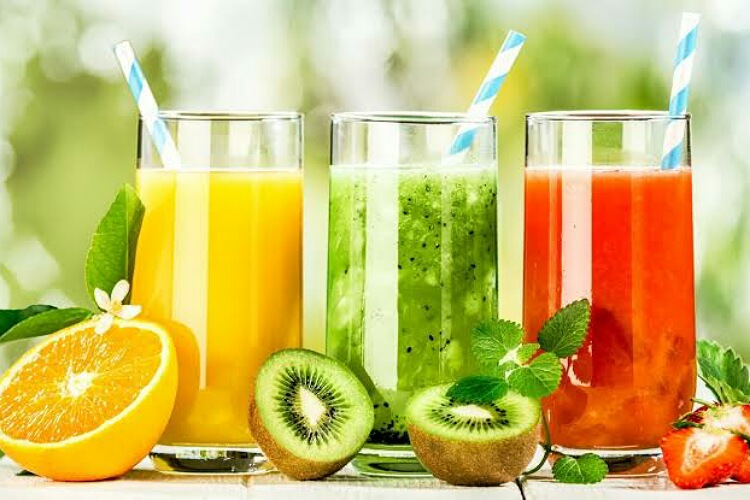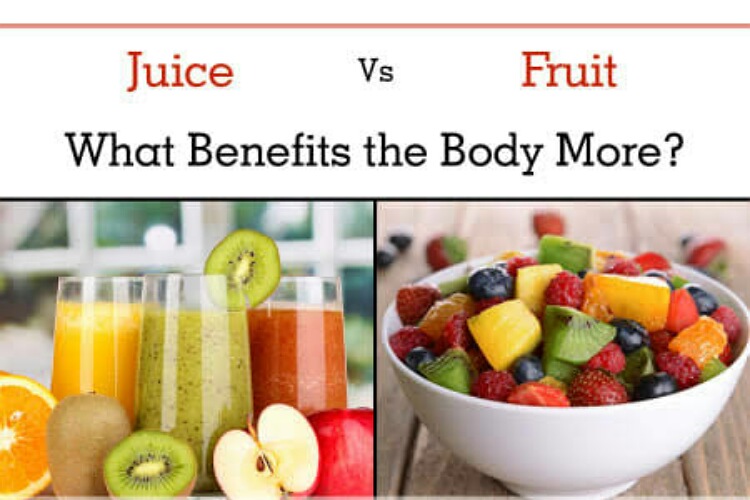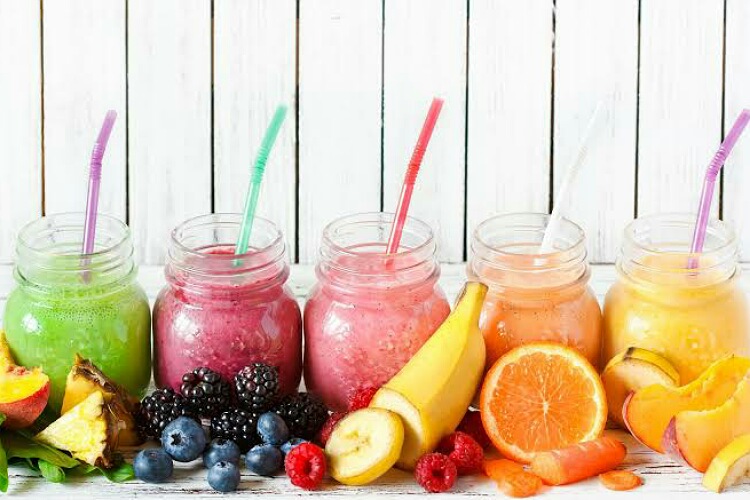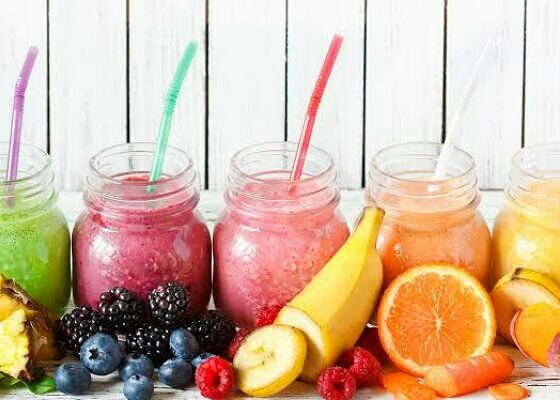The mention of the colorful fruit juice makes you imagine a healthy drink. But are fruit juices really healthy? They might not be as healthy as we imagine them to be, say doctors and health experts.
Fruit juices
Fruit juices are liquid extracts of fruits. They are colorful and the sight of them itself elevates our moods. Usually, people have these juices in the refrigerator, on the breakfast table and in their packed lunch boxes. It is a great way to have nutrients of fruits without messing the area and our hands. They contain vitamin C and potassium which helps in immunity and blood pressure control respectively.

In 2003, when the UK government started the campaign of five a day, WHO urged people to have fruits and vegetables. Their website talked about healthiness of fruit juice that is 100% and unsweetened. And the food industry took this opportunity to produce and sell these products and earn huge profits.
And when the pandemic came, the fruit juice volume sales rose in the UK as well as the world. People started consuming it more due to its tag of healthiness. But is fruit juice really as healthy as we assume it to be?
Fruit juice-cons
New research has requested diabetics to switch to having coffee instead of fruit juice. The former drink can assist them to have a longer and healthier life. And previous studies have also revealed that fruit juice can be worse than fizzy drinks.
The most important reason is that fruit juice lacks fiber that is present in fruits. Fiber keeps you full longer and prevents fructose of fruits getting absorbed rapidly.

Therefore, the blood sugar spikes are smaller with fruits. In case of fruit juice, fructose gets absorbed faster and you consume more volume of it because it does not give you satiety. Roy Taylor, professor of medicine and metabolism at Newcastle University states:
“Both fruit juice and sweetened fizzy drinks contain the same amount of sugar, about 30g in a 220ml glass,”
“If you drink two glasses of juice per day, in a year that adds up to more than 87,000 calories, which could add about 9 kg weight gain”
In children, the consumption of these fruit juices lead to weight gain, fatty liver and diabetic state. And the combination of sugar and acids in the juice causes dental damage and decay. Dentist James Goolnik from London explains:
“Most people think that it is pretty harmless, or they can brush their teeth after: cleaning your teeth will help prevent acid damage, but makes no difference to tooth decay.”
Whether added or natural sugar, dental damage is similar.
Mislabeling and under-labeling
The aim of buyers of fruit juice is to have no added sugars and no added artificial substances in it. But often, drink manufacturers either do not write about added sugar or do not specify the amount of added sugar in the drink. They might even go to the extent of putting a less common or less understood name on the label such as ‘cane sugar’ instead of ‘sugar’. This is misleading. Often, they stress on ‘organic’, ‘high fiber’ and such terms to distract consumers.
But not all fruit juices are unhealthy. It depends on the fruit, processing method, presence of additives and presence of antioxidants in them. But normally one needs normal vitamin C and excess of it is not useful.

Also, read Protein bars, fruit juices, porridge: how to maintain their healthy nature?
Hence, the best is to opt for whole fruit or have fruit juice that is largely diluted and unsweetened. That will protect your teeth and body.
